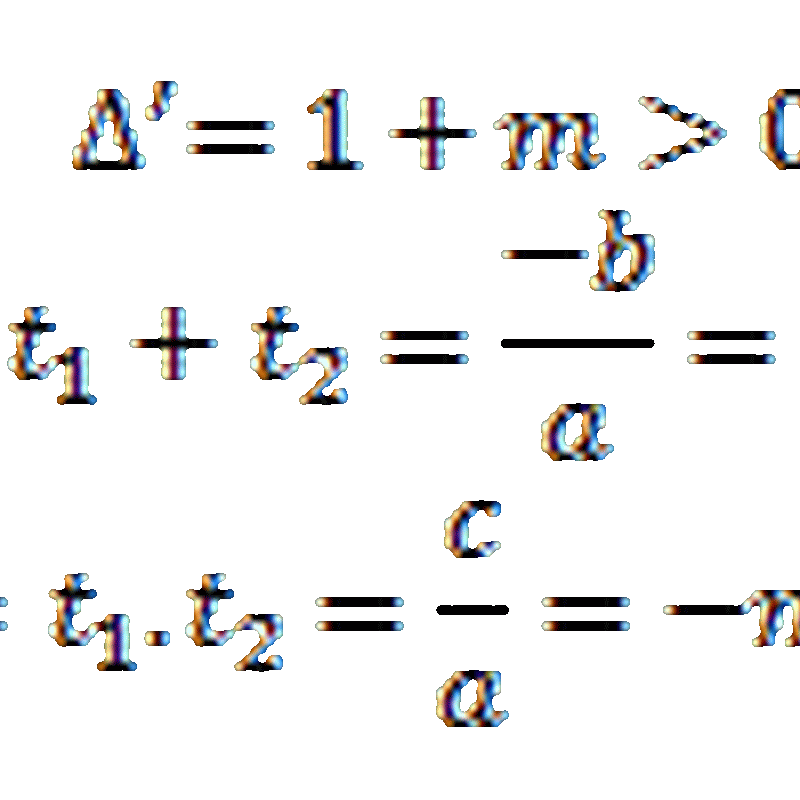Barack Obama - Dreams from My Father 2
possibility, for I have a tough general election coming up) that I might be the sole African American-and only
the third since Reconstruction-to serve in the Senate. My family, friends, and I were mildly bewildered by the
attention, and constantly aware of the gulf between the hard sheen of media reports and the messy,
mundane realities of life as it is truly lived.
Just as that spate of publicity prompted my publisher’s interest a decade ago, so has this fresh round
of news clippings encouraged the book’s re-publication. For the first time in many years, I’ve pulled out a
copy and read a few chapters to see how much my voice may have changed over time. I confess to wincing
every so often at a poorly chosen word, a mangled sentence, an expression of emotion that seems
indulgent or overly practiced. I have the urge to cut the book by fifty pages or so, possessed as I am with a
keener appreciation for brevity. I cannot honestly say, however, that the voice in this book is not mine-that I
would tell the story much differently today than I did ten years ago, even if certain passages have proven to
be inconvenient politically, the grist for pundit commentary and opposition research.
What has changed, of course, dramatically, decisively, is the context in which the book might now be
read. I began writing against a backdrop of Silicon Valley and a booming stock market; the collapse of the
Berlin Wall; Mandela-in slow, sturdy steps-emerging from prison to lead a country; the signing of peace
accords in Oslo. Domestically, our cultural debates-around guns and abortion and rap lyrics-seemed so
fierce precisely because Bill Clinton’s Third Way, a scaled-back welfare state without grand ambition but
without sharp edges, seemed to describe a broad, underlying consensus on bread-and-butter issues, a
consensus to which even George W. Bush’s first campaign, with its “compassionate conservatism,” would
have to give a nod. Internationally, writers announced the end of history, the ascendance of free markets
and liberal democracy, the replacement of old hatreds and wars between nations with virtual communities
and battles for market share.
And then, on September 11, 2001, the world fractured.
It’s beyond my skill as a writer to capture that day, and the days that would follow-the planes, like
specters, vanishing into steel and glass; the slow-motion cascade of the towers crumbling into themselves;
the ash-covered figures wandering the streets; the anguish and the fear. Nor do I pretend to understand the
stark nihilism that drove the terrorists that day and that drives their brethren still. My powers of empathy, my
ability to reach into another’s heart, cannot penetrate the blank stares of those who would murder innocents
with abstract, serene satisfaction.
What I do know is that history returned that day with a vengeance; that, in fact, as Faulkner reminds
us, the past is never dead and buried-it isn’t even past. This collective history, this past, directly touches my
own. Not merely because the bombs of Al Qaeda have marked, with an eerie precision, some of the
landscapes of my life-the buildings and roads and faces of Nairobi, Bali, Manhattan; not merely because, as
a consequence of 9/11, my name is an irresistible target of mocking websites from overzealous Republican
operatives. But also because the underlying struggle-between worlds of plenty and worlds of want; between
the modern and the ancient; between those who embrace our teeming, colliding, irksome diversity, while
still insisting on a set of values that binds us together, and those who would seek, under whatever flag or
slogan or sacred text, a certainty and simplification that justifies cruelty toward those not like us-is the
struggle set forth, on a miniature scale, in this book.
I know, I have seen, the desperation and disorder of the powerless: how it twists the lives of children
on the streets of Jakarta or Nairobi in much the same way as it does the lives of children on Chicago’s
South Side, how narrow the path is for them between humiliation and untrammeled fury, how easily they slip
into violence and despair. I know that the response of the powerful to this disorder-alternating as it does
between a dull complacency and, when the disorder spills out of its proscribed confines, a steady,
unthinking application of force, of longer prison sentences and more sophisticated military hardware-is
inadequate to the task. I know that the hardening of lines, the embrace of fundamentalism and tribe, dooms
us all.
And so what was a more interior, intimate effort on my part, to understand this struggle and to find my
place in it, has converged with a broader public debate, a debate in which I am professionally engaged, one
that will shape our lives and the lives of our children for many years to come.
The policy implications of all this are a topic for another book. Let me end instead on a more personal
note. Most of the characters in this book remain a part of my life, albeit in varying degrees-a function of
work, children, geography, and turns of fate.
The exception is my mother, whom we lost, with a brutal swiftness, to cancer a few months after this
book was published.

 Trang Trước
Trang Trước







No comments: